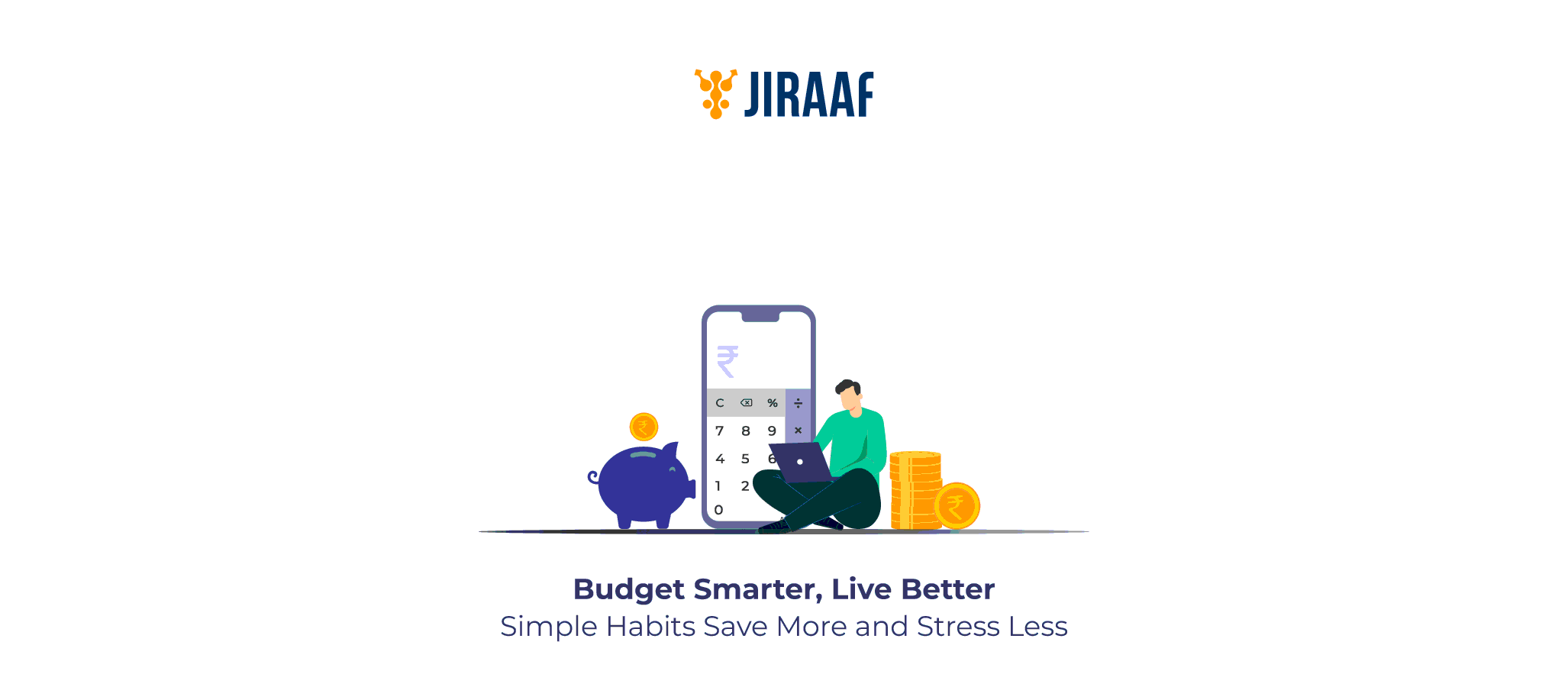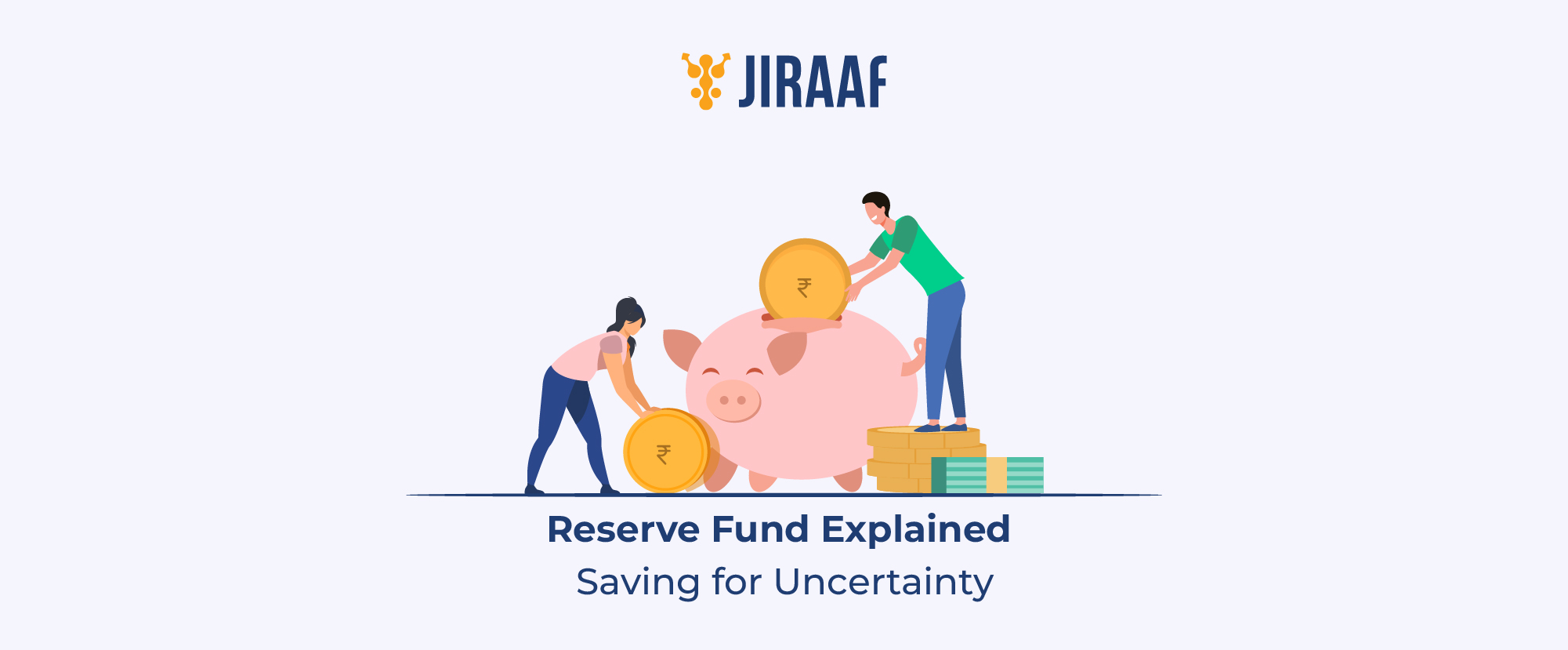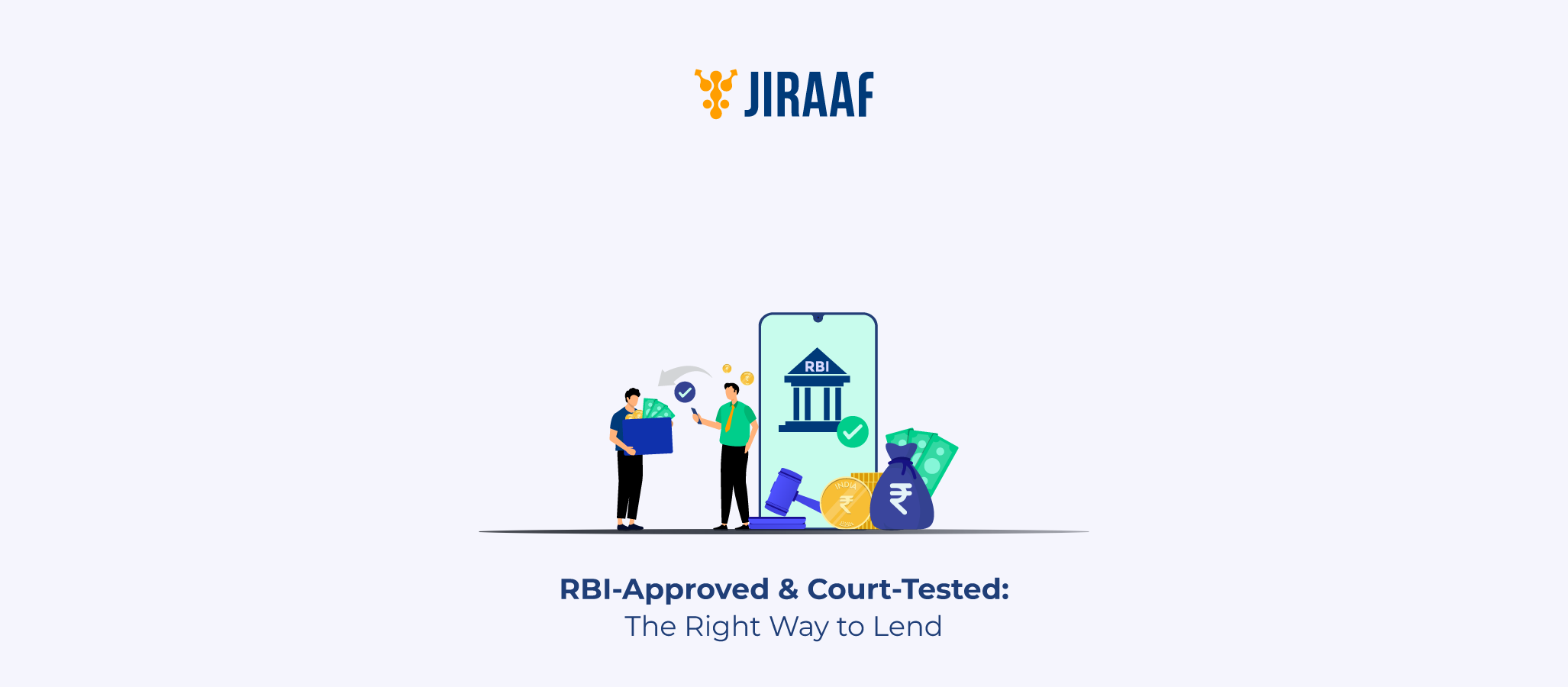Most people hear “budgeting” and immediately think of restrictions. It sounds like sacrificing little joys and tightening every expense. Over time, it has earned a reputation for being a lifestyle-killer.
But the truth is that budgeting isn’t about giving up what you love. It’s about understanding your habits with money, spending smarter, and saving without guilt. A flexible budget can fit your habits, support your goals, and even improve your lifestyle.
In this blog, we’ll explore ten practical tips to help you save more every month without feeling deprived. By the end, you’ll see that budgeting is not a limitation, but a tool to make your money work for you.
Understanding the Importance of Budgeting
“Beware of little expenses; a small leak will sink a great ship”
-Benjamin Franklin
Small, everyday costs like extra coffees, impulsive online buys, or unused subscriptions may seem harmless, but they quietly add up and can derail bigger financial goals.
Budgeting helps you spot these leaks before they grow. It gives clarity on where your money goes and allows you to make intentional choices rather than letting habits control you. Financial freedom isn’t just about earning more; it’s about managing what you already have wisely.
Even minor adjustments can create a significant impact over time. Think of budgeting as patching tiny holes in a ship—small effort, big results. It doesn’t restrict your lifestyle; it protects it. With a clear understanding of your finances, you can spend smarter, save more, and move steadily toward your goals.
Once you understand why budgeting matters, the next step is learning how to do it effectively, and that’s exactly what we’ll explore in the ten practical tips ahead.
Track Your Expenses to Know Where You Spend
“Know what you own and know why you own it”
Peter Lynch’s advice is gold when it comes to personal finance. If you don’t know where your money goes, it’s hard to stay in control. Most of us get our salary, spend it through the month, and then wonder where it all vanished. Tracking every rupee changes that. It brings clarity—suddenly, those daily coffees, quick app subscriptions, or midweek deliveries start making sense.
Begin by simply noting down your income and monthly expenses. Seeing the numbers in front of you can be eye-opening, even uncomfortable at first, but it gives you power over your choices. Once you understand your spending patterns, you can decide where your money should go instead of wondering where it went. That awareness alone is half the battle—it’s the foundation for every smart money move that follows.
When you know where your money goes, the next step is to decide what deserves it.
Strike a Balance Between Your Needs and Wants
Needs and wants differ significantly. Rent, groceries, and bills are examples of necessities that help keep life going smoothly. Wants are luxuries that can be delayed or planned for later. Recognizing this distinction helps you make better decisions about your spending.
For example, purchasing a new phone each year is a desire, whereas replacing worn-out work shoes is a necessity.
Separating the two does not imply giving up fun. You can still enjoy lunches out or brief outings, but with purpose. When you prioritize basics over wants, your money seems more balanced and purposeful. This approach discourages impulse spending and lays the groundwork for wise budgeting approaches such as the 50/30/20 rule, which balances responsibility with enjoyment.
Use the 50/30/20 Rule for Smarter Spending
The 50/30/20 rule simplifies budgeting and keeps it realistic. Allocate 50 percent of your income to needs, 30 percent to wants, and 20 percent to savings. This way, you can enjoy small luxuries without compromising your financial goals.
For example, if you earn ₹25,000 per month, ₹12,500 is allocated to basics, ₹7,500 to personal expenditure, and ₹5,000 to savings. This strategy offers balance: you can enjoy life today while also planning for the future. It gradually develops discipline and establishes a consistent financial cycle. Budgeting no longer feels limiting and instead provides you with power over your finances.
Once the money for savings is allocated, the next step is making it effortless.
Automate Your Savings to Make Budgeting Easier
Many people plan to save but often spend the money before the month ends. Automating savings removes that struggle. Set up an automatic transfer for your savings right after your salary is credited. This ensures your 20 percent allocation stays untouched and your goals remain on track.
Automation turns saving into a habit rather than a chore. You can even set up multiple goals for travel, investments, or retirement and watch your money grow effortlessly. Once your savings are secured, managing your needs and wants becomes smoother and less stressful.
With savings secured, it’s time to prepare for life’s unexpected turns.
Build Emergency and Sinking Funds That Protect You
Even the greatest budgets cannot cover everything. Emergencies, such as unexpected maintenance or medical bills, might interrupt your plans. An emergency fund can aid in this situation. Begin modestly by allocating simply one month’s costs. It gives you breathing room during difficult times.
Sinking funds, on the other hand, allow you to budget for predictable expenses like vacations, gifts, and car maintenance. They prevent last-minute borrowing and allow you to spend without regrets. Together, these assets protect your lifestyle without limiting it. Consider them to be safety nets that keep your finances secure and your mind at peace.
With essentials and emergencies secured, now is the time to look for clever ways to trim unnecessary spending.
Eliminate Hidden Costs That Drain Your Budget
Hidden costs often drain your money quietly. It could be unused subscriptions, bank fees, or small automatic deductions you’ve forgotten about. While each expense seems minor on its own, together they can add up fast, and drain more money out of your budget than you expect.
The fix is simple—review your statements regularly and cancel what no longer serves you. This isn’t about strict saving; it’s about awareness. Removing small leaks in your spending frees up money for things you actually value. It’s one of the easiest ways to save more without changing your lifestyle.
Once you’ve trimmed the excess, it’s time to tackle daily spending creatively.
Save More with Smart Everyday Money Hacks
Saving money doesn’t mean giving up comfort. Small tweaks in daily habits can make a big difference. Opt for weekday lunch deals instead of expensive dinners, check cashback options while shopping online, or share rides when convenient.
Simple habits like meal planning, buying in bulk, or choosing energy-efficient appliances reduce costs naturally. You don’t feel deprived because these changes fit smoothly into your lifestyle. Over time, they build quiet financial strength—your budget grows stronger without you even noticing.
When daily expenses are optimized, why not make spending itself work for you?
Leverage Rewards & Discounts Smartly
Budgeting isn’t about saying no to everything. It’s about spending smart. Everyday purchases often come with rewards, points, or discounts that can stretch your money further if used wisely.
For instance, using a payment method that offers cashback on groceries or joining loyalty programs at the stores you frequently visit helps you save while spending normally. Just remember—don’t buy extra to earn rewards. Used in moderation, these perks make your routine spending more rewarding and help your money go further.
With smart spending habits in place, it’s important to keep your budget alive and flexible.
Review and Refine Your Budget Regularly
A budget should adapt as life changes. Expenses shift, goals evolve, and unexpected costs appear. Many people give up on budgeting because they treat it as a strict rule instead of a flexible plan.
Review your budget regularly to keep it aligned with your reality. If your bills rise or a new expense comes up, adjust the relevant category instead of abandoning your plan. Think of it as fine-tuning—small changes keep your finances balanced and stress-free. Flexibility keeps your budgeting habit sustainable.
Finally, all this effort is most rewarding when connected to your bigger dreams.
Visualize Your Goals to Stay Financially Focused
Budgeting becomes easier when it is linked to specific goals. Seeing what you’re saving for, whether it’s a dream vacation, a new home, or financial freedom, makes it more significant. To stay motivated, create reminders such as charts or vision boards.
When you have clear goals, saying no to impulse purchases feels like progress rather than sacrifice. Your budget becomes a road map directing you toward the life you desire. Every saving decision seems intentional and fulfilling.
Stay Consistent and Make Budgeting a Lifestyle Habit
Budgeting isn’t just about keeping track of money—it’s about building a mindset. When it becomes part of your routine, it quietly shapes habits like discipline, awareness, and balance. These skills spill over into other parts of life too, helping you make thoughtful choices beyond finances.
The idea isn’t to restrict yourself; it’s to design a system that works for you. With time, things like tracking expenses, prioritizing needs, and saving regularly stop feeling like effort. They simply blend into your everyday rhythm.
What really makes the difference is consistency. That’s what turns a budget from a plan on paper into a lifestyle. It teaches patience, control, and the confidence to make money decisions without stress. Once that shift happens, budgeting isn’t something you do, it’s just the way you live.









